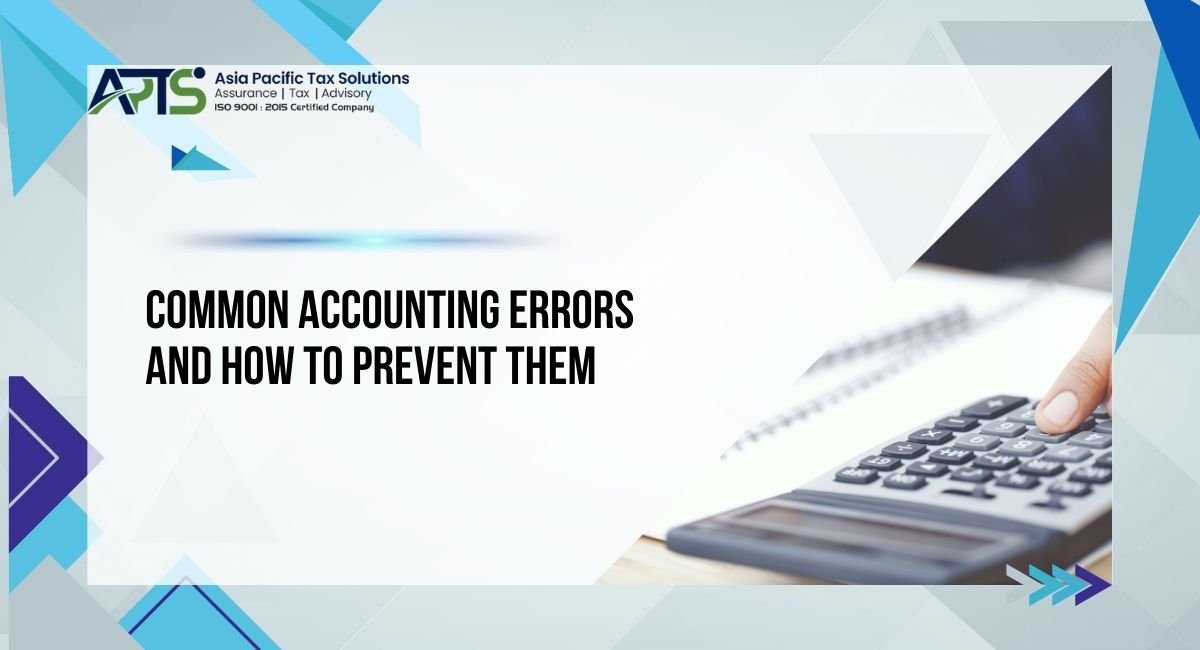Accounting is one of the most critical aspects of running a business. Yet, even small mistakes can lead to compliance issues, poor decision-making, and financial losses. Many organizations consult an accounting outsourcing consultant in delhi to avoid such risks and maintain accurate records. Understanding common accounting errors and how to prevent them can save businesses both time and money.
1. Data Entry Mistakes
One of the most frequent errors in accounting is incorrect data entry. A misplaced digit or an overlooked transaction can skew financial reports.
Prevention: Automate routine tasks through accounting software and adopt a double-checking process to minimize manual mistakes.
2. Mixing Personal and Business Expenses
Small business owners often blur the lines between personal and business finances, making it difficult to track expenses accurately.
Prevention: Maintain separate bank accounts and credit cards for business use, ensuring all records are clearly categorized.
3. Ignoring Reconciliation
Failing to reconcile bank statements with company records can leave errors unnoticed for months.
Prevention: Reconcile accounts monthly to spot discrepancies early and correct them before they escalate.
4. Misclassifying Expenses
Incorrectly categorizing expenses leads to inaccurate financial statements and potential tax issues.
Prevention: Train staff on proper categorization and use standardized accounting codes to ensure consistency.
5. Delayed Record Updates
Not recording transactions promptly results in incomplete financial data, which can disrupt cash flow management and compliance.
Prevention: Adopt real-time accounting practices and set clear deadlines for updating records.
6. Overlooking Compliance Requirements
Missing tax deadlines or misreporting figures can result in penalties and audits.
Prevention: Stay updated with regulatory changes and leverage professional expertise to ensure compliance.
Conclusion
Accounting errors may seem minor at first, but they can significantly affect a company’s financial health and reputation. By adopting automation, maintaining discipline in record-keeping, and seeking expert guidance, businesses can prevent these common mistakes. Proactive measures not only ensure compliance but also provide accurate insights for better decision-making.
